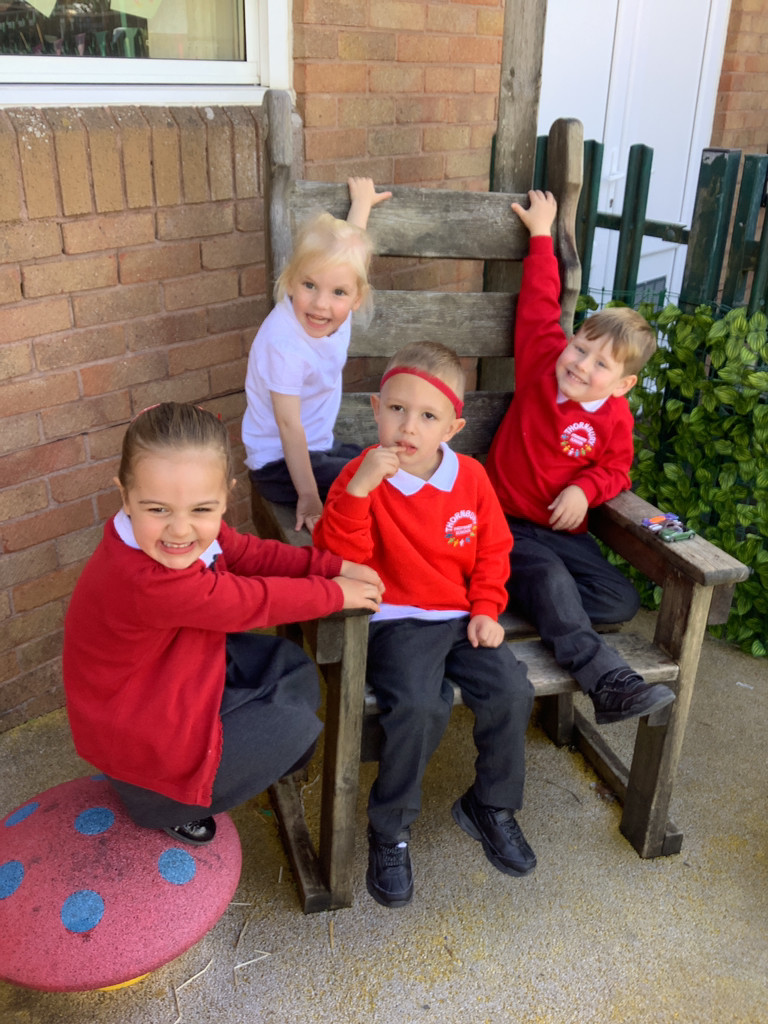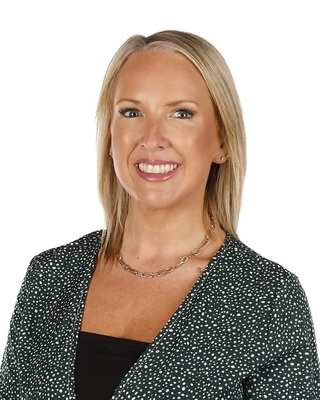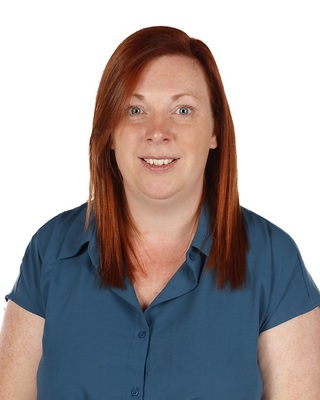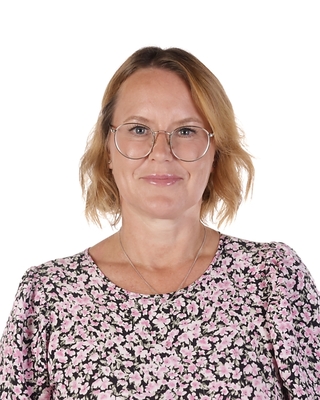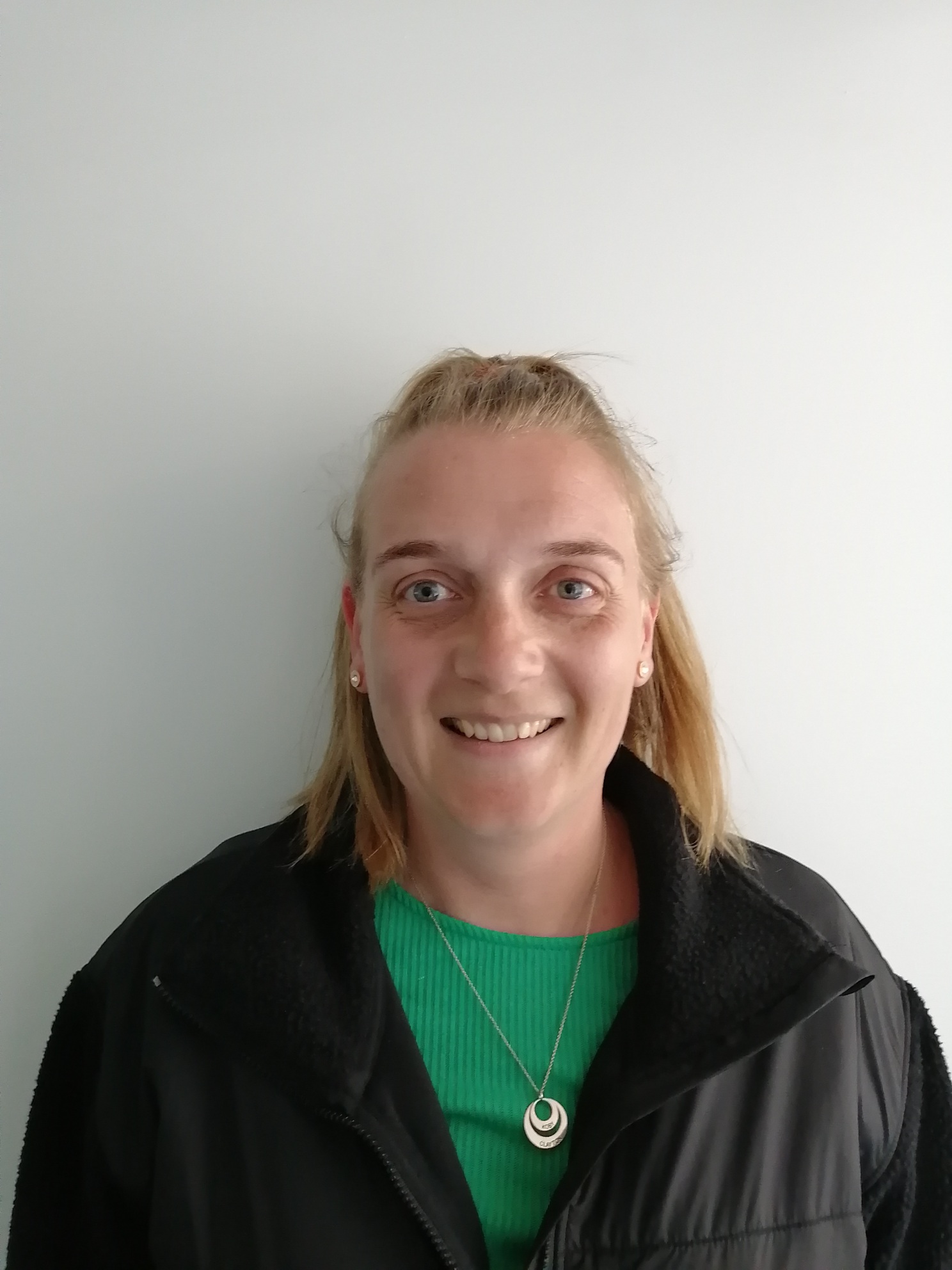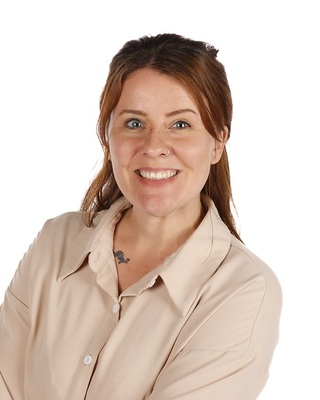About this class
General Information
For a breakdown of our intent, implementation and impact, please see our EYFS Document on the right hand side of this page.
What do I need to bring to school?
Book Bags
Every child needs a book bag. These will be taken into the classroom and stored in a box. Our cloakrooms are cosy, so please can we ask for children not to being in an enormous rucksack.
Water bottle
All children to bring a clear plastic, medium sized, bottle of water. Please can we ask for no metal bottles. Bottles will need to be taken home at the end of each day.
Fruit & Snack
All children in Foundation will be provided with one piece of fruit per day. However, children are invited to bring a piece of fruit from home if they wish.
Milk
All children under the age of 5 are entitled to free milk each day. Once your child turns 5, they will no longer get it for free. However, if you would like your child to have a carton of milk at snack time, please order this through www.coolmilk.com.
Additional Information
Are there any special moments during the week?
Each week the children will take part in ‘Welly Wednesday’. Here they will participate in a range of outdoor learning activities. Come rain or shine, we put on our wellies and take our learning outside. Activities can range from creating bug hotels, weaving with natural materials, making clay faces on tress, mixing paint in the puddles and creating a story journey. Where possible, the learning is linked to the work taking place in the classroom.
Every week we also take part in ‘Wonder Wednesdays’. Here we ask questions, making observations and sharing our findings like a real scientist. This year we have asked: how are clouds made? How does sound travel? How does yeast work? And what happens to gummy bears in water?
Our PE Day is: Friday
Phonics
Phonics is taught through our chosen phonics programme, Essential Letters and Sounds (ELS). Children will experience the joy of books and language whilst rapidly acquiring the skills they need to become fluent independent readers and writers. ELS is a simple, consistent approach to teaching phonics that uses mnemonics and rhymes to support learning and recall.
We teach phonics every single day from the first days of Reception and install the use of “pure sounds” when we are pronouncing the sounds and supporting children in reading words. This means that when we say the sounds, we pronounce them c-a-t, not cuh-a-tuh. This technique enables our children to acquire the skills to read proficiently at an accelerated pace.
More information about ELS can be found in the Literacy subject page.
Cued Articulation
We also adopt the use of Cued Articulation. This is the use of hand movements to represent individual sounds. This shows children how and where the sound should be produced, and these movements represent sounds visually to compliment auditory information. Cued articulation supports sound awareness of everyone in the class, not just those with speech and language difficulties.
Reading
Each week, children will be provided with an Independent Book, a Challenge Book and a library book. The Independent Book has words that use the sounds they have acquired. The Challenge Book has words that use all of the sounds they have been exposed to in their Phonics sessions. The library book is a book that your child will choose, and it is for you to share together, with no expectation for the children to be able to read.
We ask that you please record any reading that you do at home in their reading diary which will go home in their book bags each day.
It is recommended that books are read at least three times. The first time the focus for children will be on sounding out and decoding the new words, the second time will allow children to focus on building fluency and speed of reading and the third time will allow children to focus on the story and develop comprehension and understanding of what they have read.
Books are changed on a:____________________________
Tapestry
Tapestry is the online learning journal we use at school to share your child’s achievements. We appreciate feedback from parents and encourage comments made following the observations we make in school. In addition to this we ask parents to include any observations of learning or achievements from home.
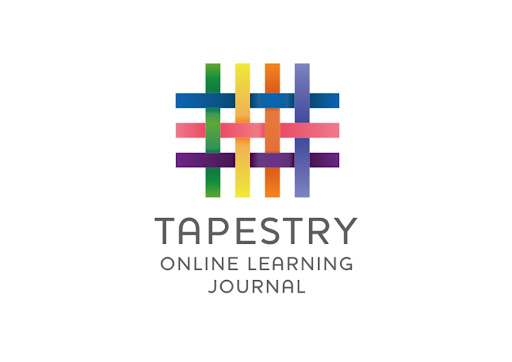
Yearly Overview of Foundation Stage
We plan to deliver the following topics over the year, although these are open to change. This is because we often find learning opportunities following children’s interests or what is happening in the wider world.
Autumn 1 - All about Me
Autumn 2 - Festivals and Celebrations
Spring 1 - Home Sweet Home (Plymouth)
Spring 2 - Home Sweet Home (London
Summer 1 - To the Rescue!
Summer 2 - Our wonderful World
Termly Overview of Foundation Stage
For a detailed breakdown of our learning, please see our EYFS Curriculum document found on the right hand side.
Autumn Term
Our Autumn Term is all about settling in, making friends, and celebrating what makes each of us special. We will be thinking about our feelings, learning how to identify different emotions, and exploring the world around us in this exciting new season. Along the way, we will discover some important celebrations such as Diwali and Christmas.
In Phonics, we will be introducing new phonemes and focusing on segmenting and blending to read and write simple words. The children will also be introduced to ‘harder to read and spell words’ such as I, no and the, working towards recognising these by sight.
Two of our key texts this term are It’s OK to Be Different by Todd Parr and The Colour Monster by Anna Llenas, which will help us explore ourslves in a fun and meaningful way. Our love of stories will continue through traditional tales and nursery rhymes. We will be enjoying The Little Red Hen and The Three Little Pigs, retelling stories using sequencing, story language, role play and small world activities as part of our Continuous Provision.
In Maths, we will be:
- Thinking about how numbers can be represented
- Counting objects accurately (using 1:1 correspondence)
- Comparing numbers
- Exploring properties of 2D shapes
- Creating repeating patterns
- Matching, sorting and comparing
- Positional Language
- One more and one less, and beginning to use symbols to add and subtract
As we approach the festive season, we will immerse ourselves in the Christmas story, with the children taking part in their very first Thornbury Nativity – a truly special way to end our first term together!
Spring Term
Our topic this term is ‘Home Sweet Home’. We will begin by exploring our own homes and where we live, before learning more about Plymouth and some of its key landmarks. After the February half term, we will turn our focus to London, our capital city, and make comparisons between Plymouth and London. We will also be finding out about the Royal Family and why they are important to the United Kingdom.
In Phonics, we will continue to introduce new phonemes and revisit those already taught. This term will include digraphs (two letters making one sound, such as ch, sh, th, ee). Our focus will be on segmenting (sounding out) and blending (putting sounds together) to read and write simple regular words. We will also introduce more ‘harder to read and spell’ words for the children to recognise and read. More information can be found on our EYFS document (see the bar on the right side of this webpage).
In Literacy, we will continue exploring traditional tales and following the children’s own interests. Key texts this term also include The Queen’s Hat by Steve Antony and Journey by Aaron Becker, which will inspire us to practise retelling stories, sequencing events, and using our imaginations to innovate and create our own versions.
In Maths, our focus will be on deepening understanding of numbers up to 10. This will include:
- The composition of numbers to 10
- Building fluency in subitising
- Beginning to explore number bonds to 5, with the aim of recalling them without resources (such as 10-frames and counters)
- Looking at numerical patterns, including doubling, counting beyond 20 and noticing relationships
We will also continue to explore 2D and 3D shapes and their properties, while developing our understanding of mass, capacity, time, length, and height. Pattern work will be revisited, helping children to apply this skill in recognising odd and even numbers.
Summer Term
Our first topic this term is ‘To the Rescue!’, where we will be learning all about people who help us. We may even have some special visitors in school to talk about the important jobs they do. Our work will be linked to the book A Superhero Like You by Dr. Ranj, which will inspire the children to think about the real-life superheroes in our community. In Literacy, we will be writing our very own fact files about these heroes.
After the May half term, our topic will be ‘Our Wonderful World’, where we will explore the different habitats that animals live in. Our key texts will include Tiddler and Monkey Puzzle by Julia Donaldson, which will help us learn more about animals, their homes, and the importance of caring for our world.
In Phonics, we will continue to introduce new sounds while revisiting and reinforcing those already taught. The children will also be practising reading and writing more ‘harder to read and spell’ words, as well as revising all previous learning in preparation for Year 1. More information can be found in our EYFS document (see the bar on the right side of this webpage).
In Maths, we will be revisiting addition and subtraction, ensuring the children are confident in using these skills. We will be recalling number facts and consolidating number pairs that make 10. Alongside this, we will focus on:
- Composing and decomposing numbers
- Developing spatial reasoning skills and direction
- Halving and sharing
- Counting in 2s, 5s and 10s, and applying these skills to solve problems
This will be a busy and exciting term, filled with discovery and creativity, as the children continue to grow in confidence and prepare for their transition into Year 1.
